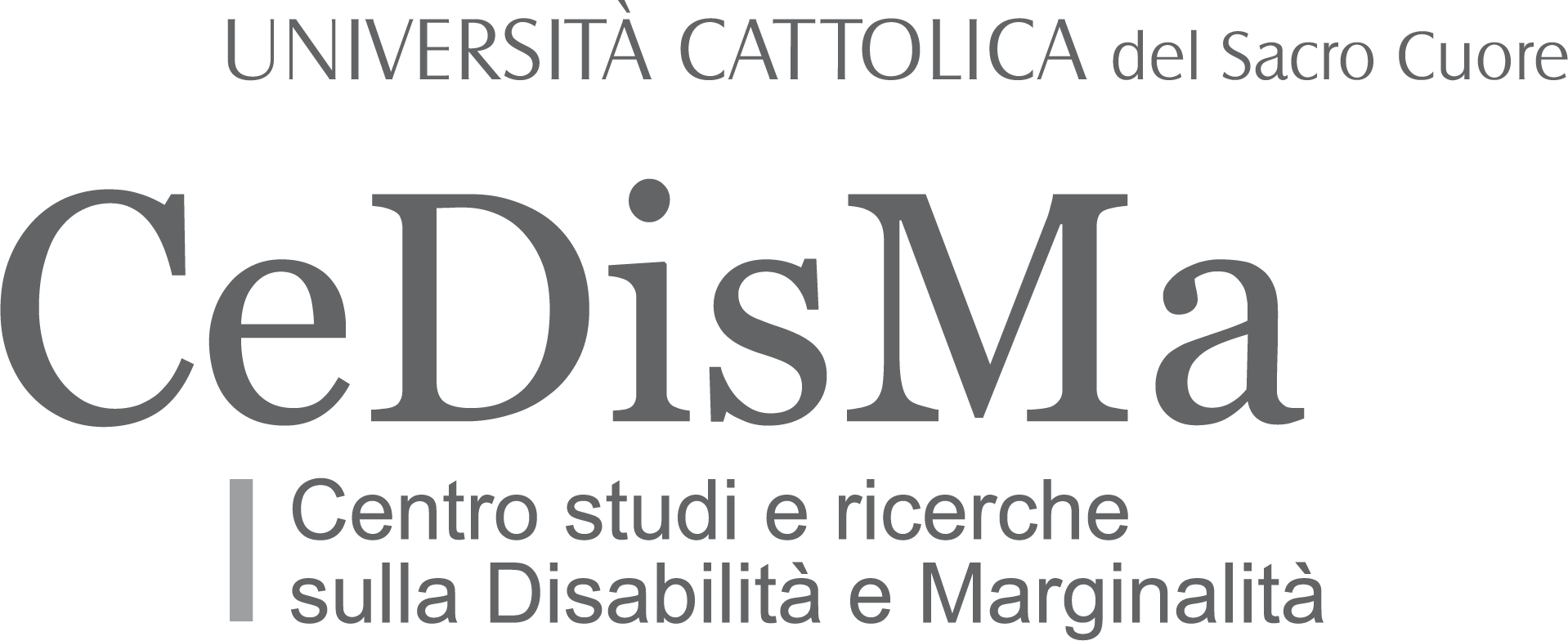VISITA LA PAGINA UFFICIALE DEL PROGETTO
In recent years, the presence of pupils with disabilities and with different types of difficulties has been a constant, if not constantly growing, element. This has contributed to making the management of educational realities more and more complex, since pre-school age. Alongside this phenomenon, it is necessary to consider some relevant aspects especially if analysed in relation to possible applications in the educational field:
i) recent studies in Neuroscience have promoted a better understanding of the development of brain structures, and have emphasised the role of early educational intervention for the cognitive, linguistic, emotional and relational development of children. The ways in which adults care for a child, thanks to a wide range of stimuli (verbal and non-verbal communication), have a significant influence on the child development’s process, not only in terms of skills, but also in the construction of a strong and well-structured personality
ii) The need to ensure high-quality preschool education services as a priority goal in European educational policies and welfare (ECEC). In order to promote the development and enhancement of these agencies, it is important to guarantee not only the achievement of quantitative parameters, but also – and mainly – of qualitative improvement. In regards to this, a very important aspect is represented by the possibility of promptly identifying signs of difficulties from the first years of a child’s life.
iii) The sustainable development objectives identified for Europe 2030 should also be mentioned, and, specifically, point 4., dedicated to the need to “Provide quality, fair and equitable education, inclusive, and learning opportunities for all” and the target 4.2, in which the focus is detailed that is emerging here: “By 2030, make sure that all girls and boys have access to one quality early childhood development, necessary care and access to kindergarten, in order to that they are ready for primary education.
Within this theoretical framework, which highlights the educational priorities that European policies are pursuing, MOEC is promoting a close collaboration and a strategic partnership of researchers, policy and practitioner organisations in Italy, France, Spain and Poland, in order to: i) research and review current early detection of child difficulties in kindergarten schools policies in each country; ii) share educational practices, experiences, and knowledge in early detection of child difficulties in Kindergartens schools; iii) design a training suite for kindergarten teachers in order to develop specific pedagogical competencies for allow them to early detect difficulties in children ; iv) develop an educational toolkit to support observation of teachers to properly detect difficulties and the further communication to parents and specialists; v) create a website with Open Educational Resources developed from the project to support both the education of children with disability and difficulties and teachers daily activities internationally.
The project will reflect and build on current early educational detection of child disability and
difficulties training programmes in the partner countries.
The project will be managed through a collaborative methodology enabling open communication, clear roles and responsibilities. Through an iterative developmental approach involving feedback from training deliverers and other stakeholders (as well as experts also from international educational contexts – the project is enriched by the collaboration of professionals related to the Australian Department for Education -DfE) throughout the creation of the materials, we will ensure that all content is clear and accessible, and relevant to the local educational context and practitioners in partner countries.
We anticipate positive and long lasting effects on participant organisations and policy systems as well as on the individuals directly or indirectly involved in the project. It will result in a sustainable model of good early detection of pre-school child difficulties practice to develop in partner countries and that builds on local, national and international knowledge, skills and experience.
The strategic partnership consist of Universities and kindergartens schools, because it is recognised the importance of strong links between higher education, the policy community and school practitioners. They will work together through planned regular communications and activities such as project meetings; seminars and workshops with policy makers and practitioners; and conferences in each partner country to jointly develop and deliver a range of training resources.
These are the participating partners:
- Università Cattolica del Sacro Cuore, Milano (IT)
- IC Gabrio Piola, Giussano (IT)
- IC Falcone Borsellino, Offanengo (IT)
- Université Catholique de l’Ouest, Angers (FR)
- Ecole Notre Dame de la Source, La Garnache (FR)
- Universidad Pontificia Comillas, Madrid (ES)
- Institución Profesional Salesiana, Madrid (ES)
- Katolicki Uniwersytet Lubelski Jana Pawla II, Lublin (PL)
- Miejskie Przedszkole Nr 5, Lublin (PL)






